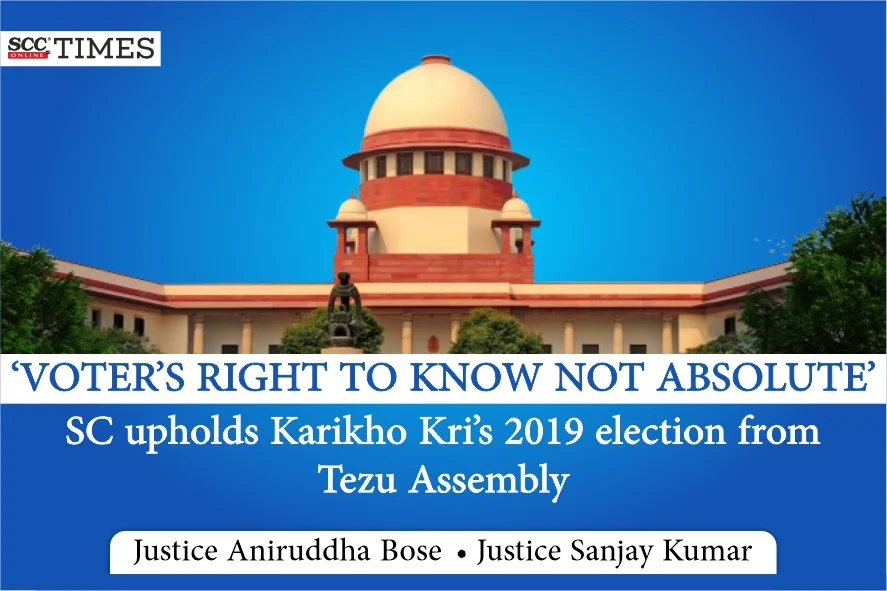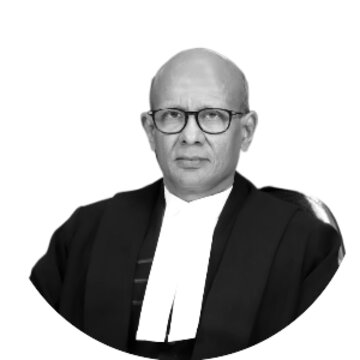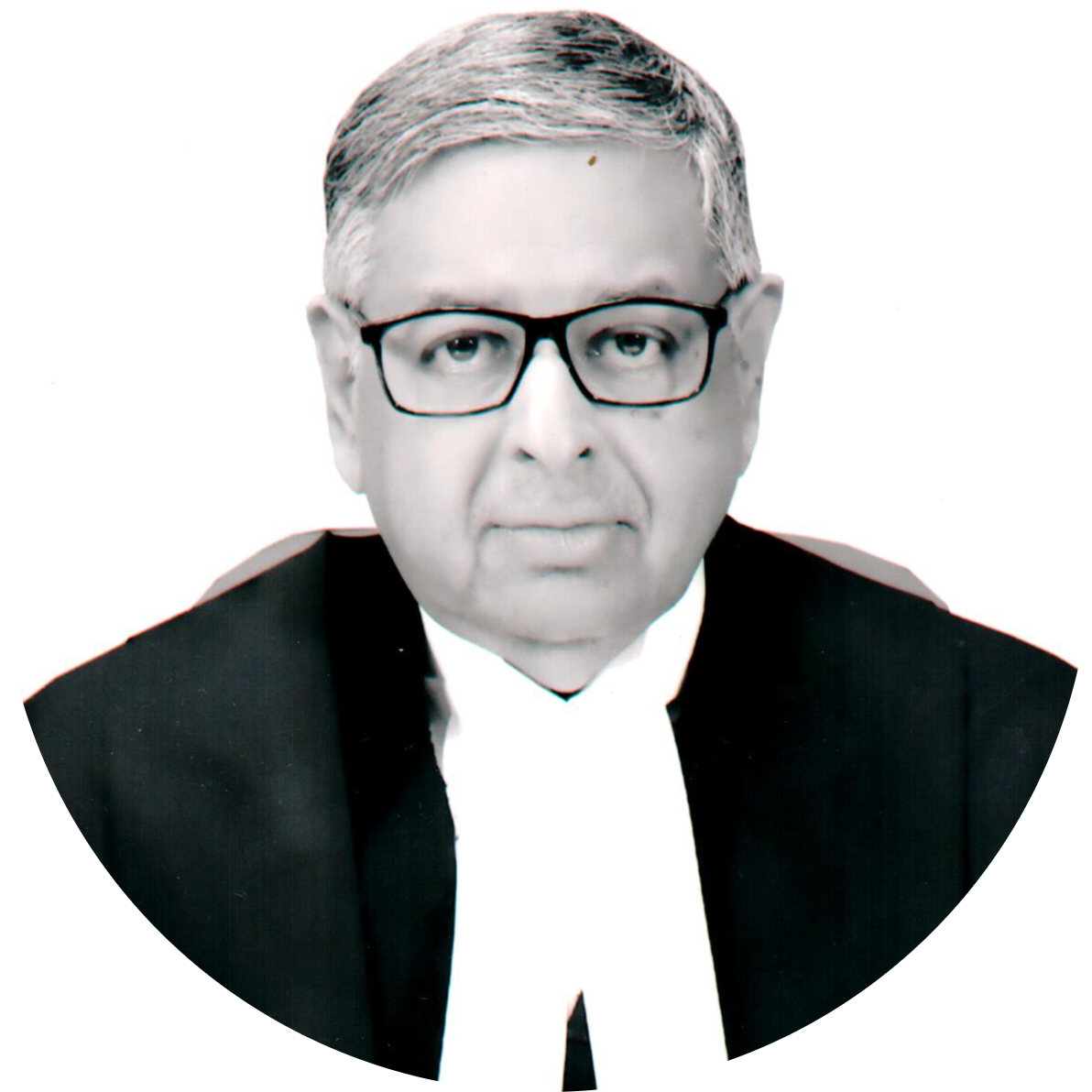Supreme Court: In a set of two civil appeals against the decision of Itanagar Bench, whereby the High Court had partially allowed the election petition holding the election of Karikho Kri from 44 Tezu (ST) as void on the grounds under Sections 100 of the Representation of the People Act, 1951, Aniruddha Bose and Sanjay Kumar*, JJ. allowed the appeal by Karikho Kri and set aside the impugned decision. The Bench opined that the blanket proposition that a candidate is required to lay his life out threadbare for examination by the electorate is not acceptable and the candidate’s ‘right to privacy’ would still survive.
Background
An election petition before the Itanagar Bench of the High Court of Assam, Nagaland, Mizoram and Arunachal Pradesh, seeking a declaration that the election of Karikho Kri, an independent candidate, who emerged victorious in the election to the Arunachal Pradesh Legislative Assembly from 44 Tezu (ST) Assembly Constituency, was void on the grounds under Sections 100(1)(b), 100(1)(d)(i) and 100(1)(d)(iv) of the Representation of the People Act, 1951 (‘the Act of 1951’). The High Court allowed the election petition in part, and declared the election of Karikho Kri as void, but rejected the prayer of Nuney Tayang, candidate of the Indian National Congress to declare him duly elected.
Hence, two civil appeals were filed before the Court, one by Karikho Kri and the other by Nuney Tayang. Vide order dated 31-07-2023, the Court directed that an election should not be held for the subject Constituency, represented by Karikho Kri and permitted him to enjoy all the privileges as a Member of the House and of the constituted committees but restrained him from casting his vote on the floor of the House or in any of the committees wherein he participated as an MLA.
Subsequently, an IA was filed by Karikho Krim seeking leave to contest as a candidate in the upcoming assembly election in the State of Arunachal Pradesh scheduled to be held on 19-04-2024. Vide order dated 20-03-2024, the Court stayed the operation of the impugned judgment. In the election petition by Nuney Tayang, he claimed that the nomination submitted by Karikho Kri was improperly accepted by the Returning Officer, Tezu, as he did not disclose material particulars in his Affidavit, as to ‘no dues certificate’ in respect of the government accommodation and vehicles details, etc. The High Court answered the issues framed in negative and against Karikho Kri.
Analysis and Decision
The Court noted that the High Court opined that non-disclosure of the three vehicles that had belonged to wife and son of Krikho Kri, was sufficient in itself to constitute ‘undue influence’, thereby attracting Section 123(2) of the Act of 1951. The Court noted that the High Court assumed that the non-disclosure of a vehicle registered in the name of a candidate, or his dependent family members was sufficient to constitute ‘undue influence’. Regarding the question that whether non-disclosure of such vehicles justified the attributing of a corrupt practice to Karikho Kri and the negating of his election, the Court reiterated that mere failure to register the name of the new owner of an already registered vehicle, does not mean that the sale/gift transaction would stand invalidated and such a vehicle, despite being physically handed over to the new owner, cannot, by any stretch of imagination, be treated as still being in the possession and control of the former owner. The Court noted that the High Court concluded that the three vehicles in question were transferred, be it by sale or gift, and the said point of distinction was lost sight of by the High Court. The Court said the vehicles were, therefore, not owned and possessed by the dependent family members of Karikho Kri at the time of the filing of his nomination.
Therefore, the Court held that the non-disclosure of the three vehicles could not be held against Karikho Kri and it cannot be treated as an attempt to unduly influence the voters, thereby inviting the wrath of Section 123(2) of the Act of 1951.
Improper acceptance of a Nomination
The Court relied on Vashist Narain Sharma v. Dev Chandra, (1954) 2 SCC 32, wherein it was laid that where the candidate whose nomination was improperly accepted had secured less votes than the difference between the returned candidate and the candidate securing the next highest number of votes, the result of the election would not be materially affected because if all the wasted votes were added to the votes of the candidate securing the next highest votes, it would make no difference to the result and the returned candidate would retain the seat. However, where the person referred to above secured more votes, or where the person whose nomination has been improperly accepted is the returned candidate himself, the result may be materially affected.
Regarding the question on what defects would taint a nomination to the extent of rendering its acceptance as improper, the Court referred to several authorities, whereby several defects were examined. The Court referred to Association for Democratic Reforms v. Union of India1, wherein, it was affirmed that the right of voters to information, which is traceable to Article 19(1)(a) of the Constitution, is built upon the jurisprudence that information which furthers democratic participation must be provided to citizens and voters have a right to information which would enable them to cast their votes rationally and intelligently because voting is one of the foremost forms of democratic participation. The voters have a right to the disclosure of information which is ‘essential’ for choosing the candidate for whom a vote should be cast.
The Court said that distinction between non-disclosure of substantial issues as opposed to insubstantial issues, which may not impact one’s candidature or the result of an election, must always be kept in mind and that there is no absolute mandate that every non-disclosure, irrespective of its gravity and impact, would automatically amount to a defect of substantial nature, thereby materially affecting the result of the election or amounting to ‘undue influence’ so as to qualify as a corrupt practice.
In the matter at hand, the Court said that Karikho Kri had failed to disclose the fact that the Government accommodation was occupied during his tenure as an MLA between 2009 and 2014. For the declaration as to there being no dues, he mentioned the date ‘22-03-2019’ and stated that the dues in respect of rent, electricity charges, water charges and telephone charges were ‘Nil’. The Court viewed that every defect in the nomination filing cannot straightaway be termed to be of such character as to render its acceptance improper and each case would have to turn on its own individual facts, insofar as that aspect is concerned. The Court said that there were no actual dues and the failure to disclose that he had been in occupation of government accommodation during the years 2009 to 2014 cannot be treated as a defect that is of substantial character so as to taint his nomination and render its acceptance improper.
Voter’s ‘right to know’- whether absolute?
The Court said that the blanket proposition that a candidate is required to lay his life out threadbare for examination by the electorate is not acceptable and the candidate’s ‘right to privacy’ would still survive as to the matters which are of no concern to the voter or are irrelevant to his candidature for public office. The non-disclosure of each and every asset owned by a candidate would not amount to a defect, much less, a defect of a substantial character. The Court held that it is not necessary for a candidate to declare every item of movable property that he or his dependent family members owns, such as, clothing, shoes, crockery, stationery and furniture, etc., unless the same is of such value as to constitute a sizeable asset in itself or reflect upon his candidature, in terms of his lifestyle, and require to be disclosed.
Conclusion
The Court answered both the issues in negative and held that the High Court had committed an error concluding that sufficient grounds were made out under Sections 100(1)(b), 100(1)(d)(i) and 100(1)(d)(iv) of the Act of 1951 to invalidate the election of Karikho Kri and, further, in holding that non-disclosure of the three vehicles, that still remained registered in the names of his wife and son as on the date of filing of his nomination, amounted to a ‘corrupt practice’ under Section 123(2) of the Act of 1951. Thus, the Court allowed the appeal filed by Karikho Kri and set aside the impugned judgment and upheld his election.
CASE DETAILS
2024 SCC OnLine SC 519 Appellants : Respondents : |
Advocates who appeared in this case For Appellants: For Respondents: |
CORAM :
Buy Constitution of India HERE
1. W.P. (C) No. 880 of 2017.





